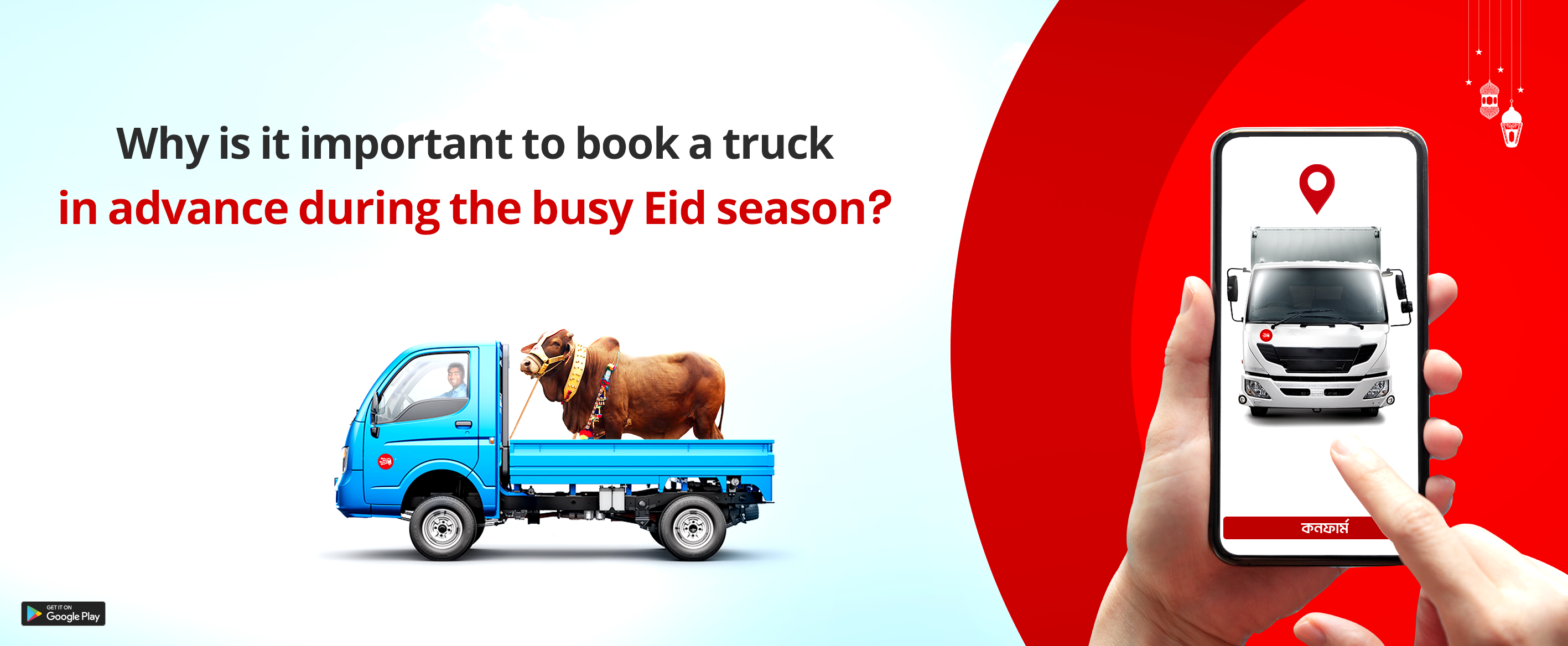
National Budget 2025-26: Proposed Changes in Advance Tax for Commercial Vehicles and What Truck Owners Should Do
- On June 19, 2025
Having a clear understanding of transportation costs is crucial for any business or individual. In this context, the recently proposed changes to the "Advance Tax" on commercial vehicles in the National Budget 2025-26 hold significant importance for transport owners and related stakeholders. These changes are expected to come into effect from July 1, 2025, which will have a notable impact on the financial structure of the transportation system.
Upcoming Changes:
The proposed budget for the fiscal year 2025-26 includes amendments to the advance tax imposed on commercial vehicles. Below is a comparative presentation of the previous and proposed new rates for relevant advance taxes on trucks, lorries, tank lorries, and pickup vans:
|
Vehicle Type |
Previous Advance Tax (BDT) |
Proposed New Advance Tax (BDT) |
|
Prime Mover |
24,000 |
35,000 |
|
Trucks/Lorries/Tank Lorries with payload capacity of more than 5 tons |
16,000 |
30,000 |
|
Trucks/Lorries/Tank Lorries with payload capacity of more than 1.5 tons but less than 5 tons |
9,500 |
15,000 |
|
Trucks/Lorries/Tank Lorries with payload capacity of 1.5 tons or less |
4,000 |
7,000 |
|
Pickup Vans |
4,000 |
7,000 |
New Tax Rates: Analysis and Potential Financial Impact
An analysis of the proposed new rates reveals a significant increase in advance tax across every category. For example, the advance tax for trucks with a payload capacity of more than 5 tons is proposed to increase from BDT 16,000 to BDT 30,000, which represents an increase of approximately 87.5%. In other words, the advance tax in this sector is increasing by up to approximately 88%. For prime movers, the advance tax is also proposed to increase by BDT 11,000, from BDT 24,000 to BDT 35,000.
It is noteworthy that while some sources quoted a new rate of BDT 7,500 for trucks under 1.5 tons and pickup vans, based on information from the Ministry of Finance and NBR officials, BDT 7,000 is considered the most accurate rate.
This increase in advance tax will directly impact the operating costs of the transport sector.
What Truck Owners Should Do:
In light of these proposed changes, it is imperative for truck owners and transport stakeholders to take several important steps:
- Consider the Impact of New Rates on Budget Planning: If these new rates come into effect, truck operating costs will rise. Therefore, it is advisable to undertake detailed financial planning in advance, keeping this increased cost burden in mind.
- Evaluate Full Costs: Besides advance tax, other costs such as import duties and VAT must also be considered comprehensively. Although advance tax is increasing, the government has also proposed measures like reducing import duties on public buses with more than 56 seats to encourage modernization of the public transport system. Having a holistic picture of all expenses is essential.
- Increase Efficiency: To avoid additional costs, increasing efficiency in route optimization, vehicle maintenance, and load management is now more critical than ever.
The proposed advance tax changes pose a new challenge for Bangladesh's transport sector. To adapt to these changes and ensure smooth commercial operations, awareness, timely planning, and improved operational efficiency among truck owners are crucial. To cope with the changed circumstances and maintain profitability, it is essential to follow updated information and utilize smart logistics solutions.
Categories
Recent Posts
- ENJOY UP TO TK1,250 DISCOUNT (4%) BY USING PROMO CODE: CARRY25
- ENJOY UP TO TK 1,500 DISCOUNT (4%) BY USING PROMO CODE: BIGMOVE25
- How Mr. Afzal Unlocked Great Profit With Truck Lagbe’s 18 Feet Truck Feature!
- How to Book a Shifting Service Using the Truck Lagbe App
- ENJOY 5% DISCOUNT (UP TO ৳500) BY USING PROMO CODE: DARUN25
Why You Should Book a Truck in Advance During Eid's Busy Season

ENJOY DISCOUNTS OF 8% (UP TO TK.700) BY USING PROMO CODE: LOAD700


